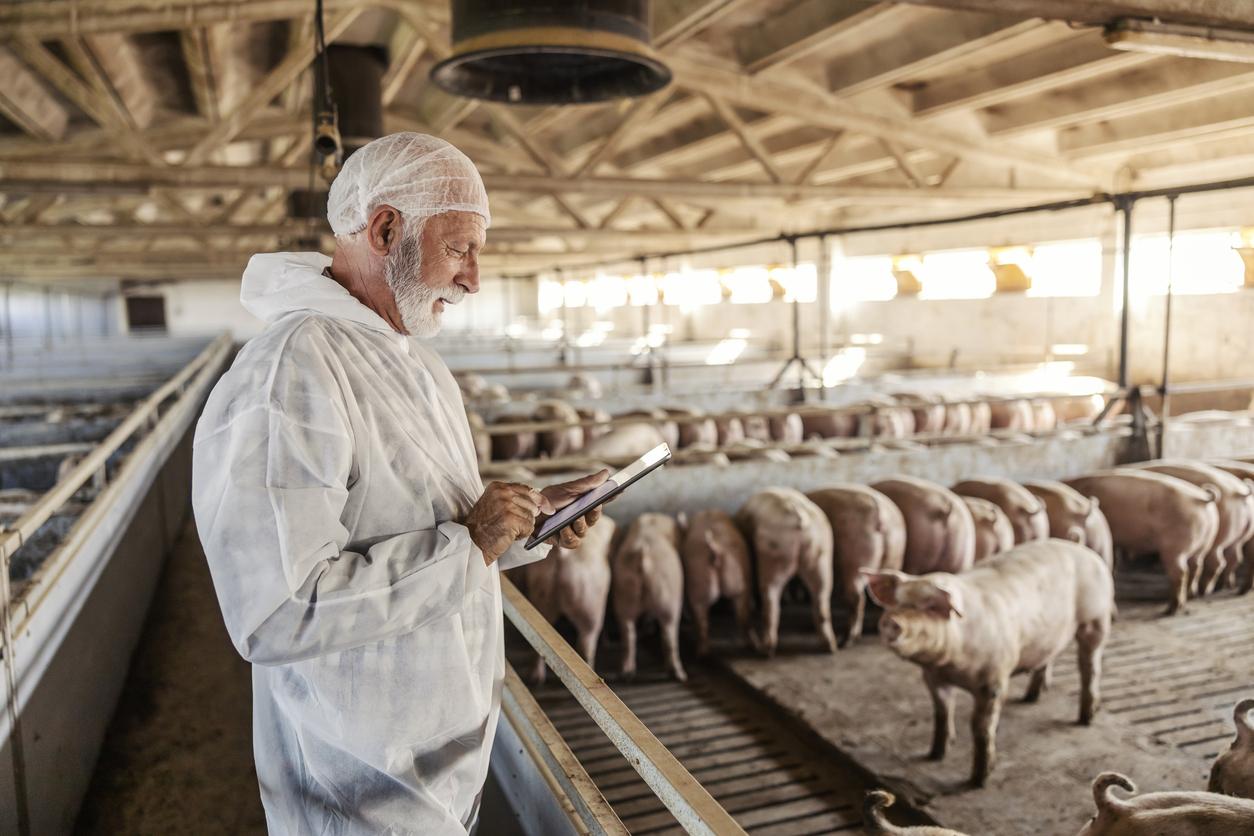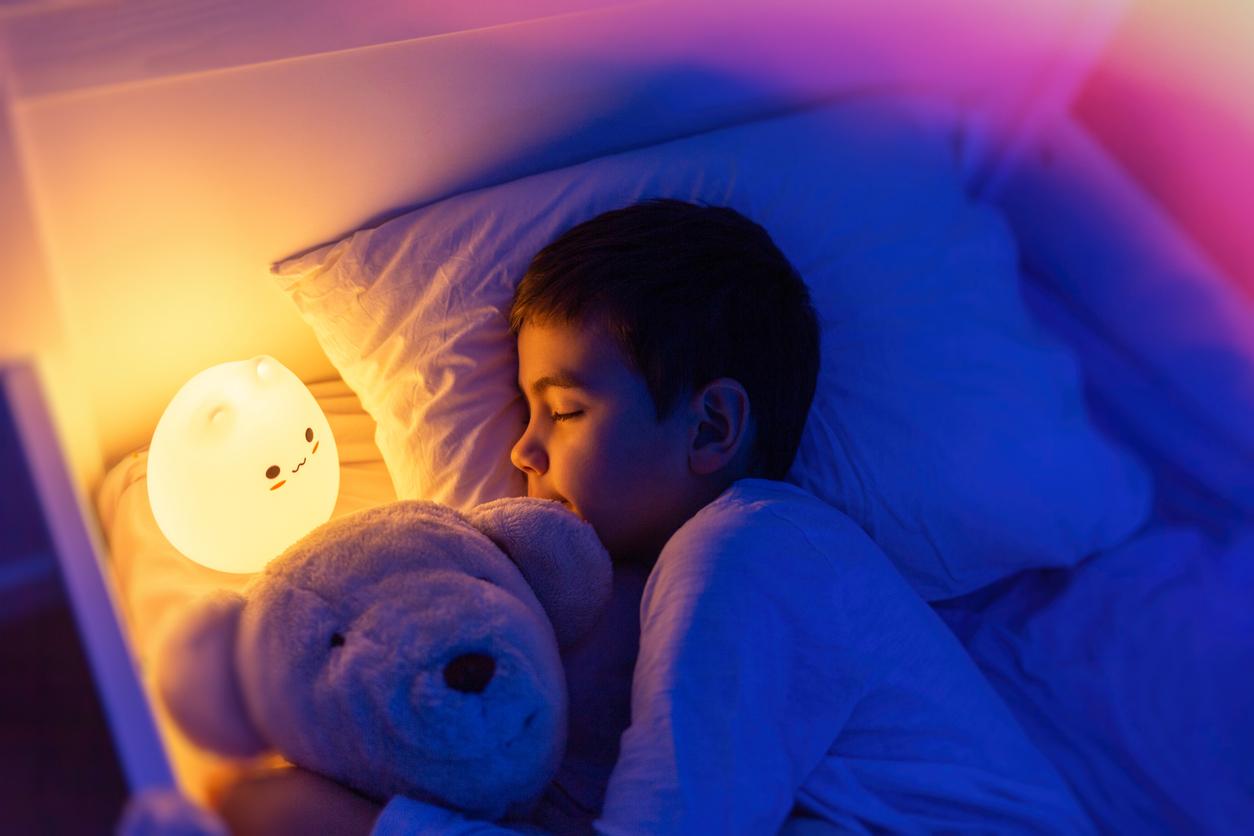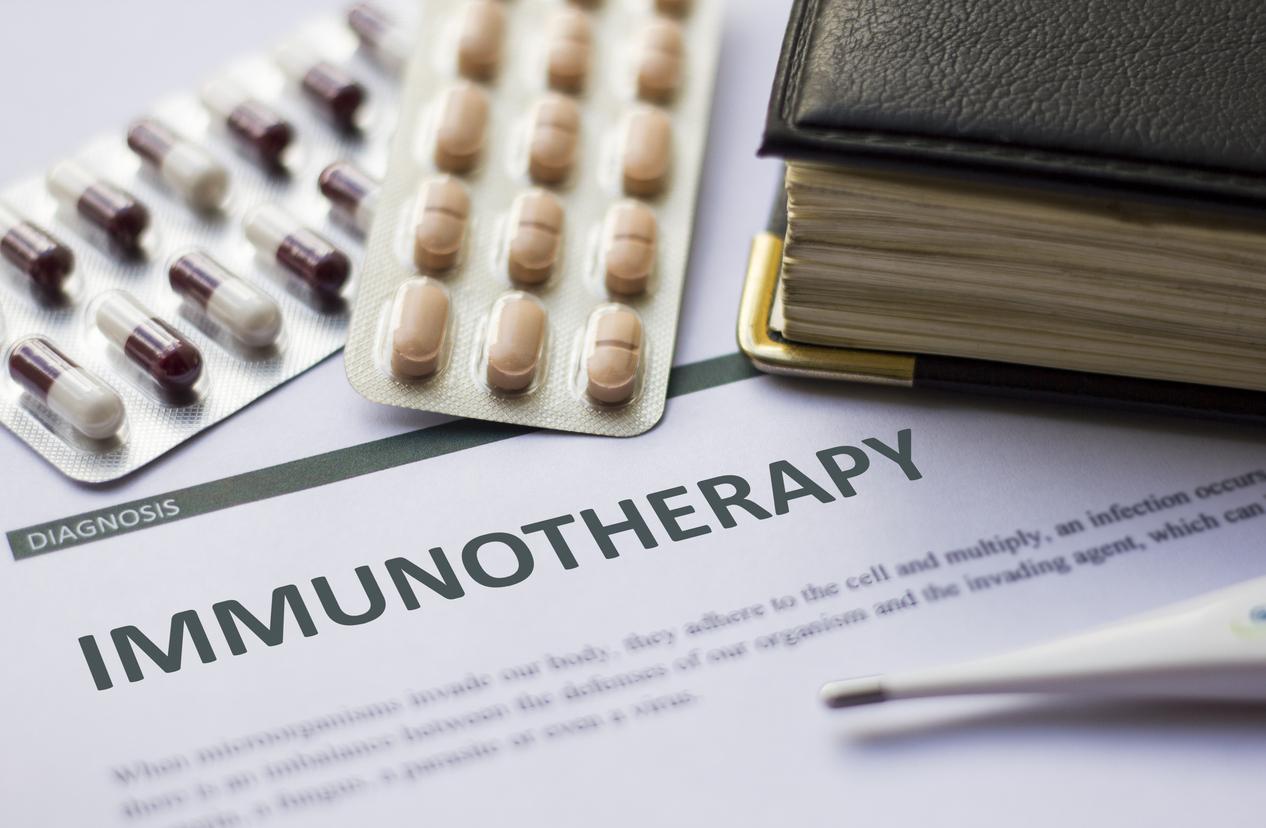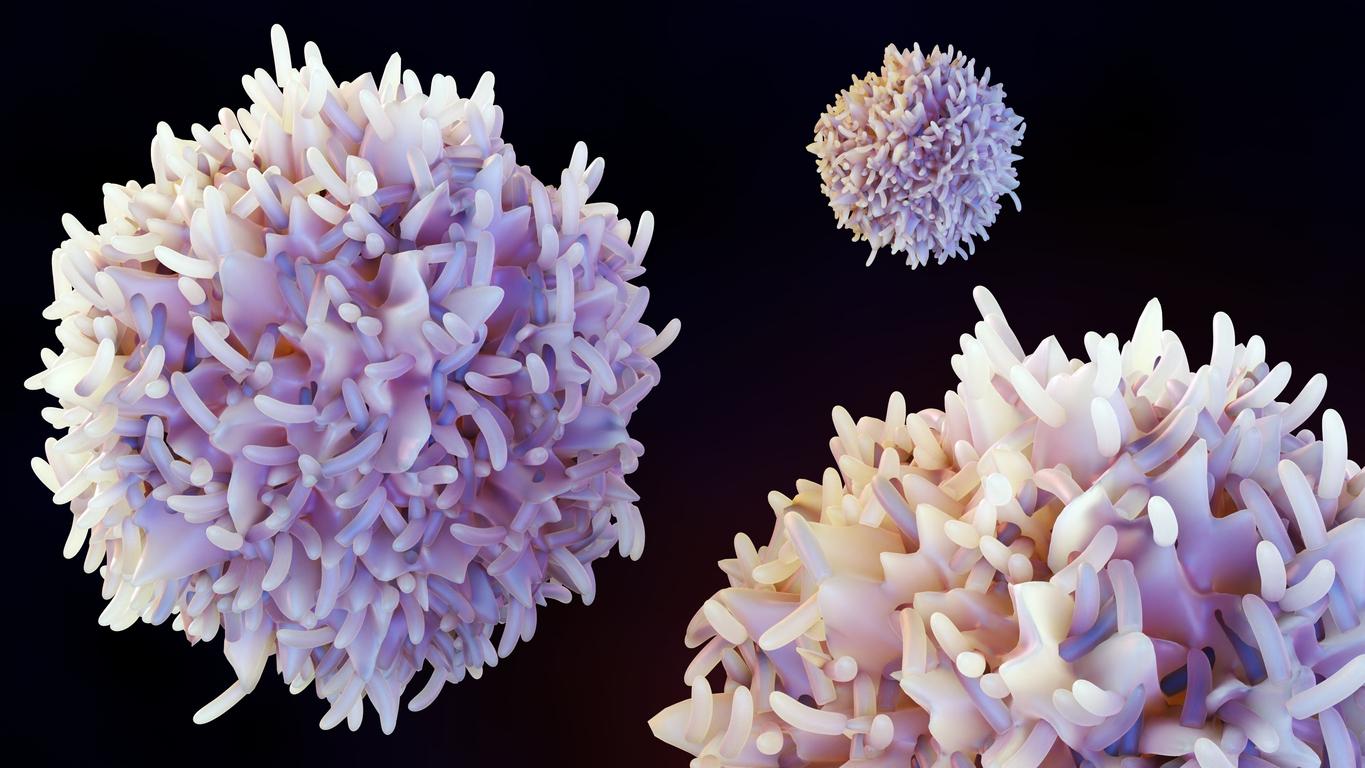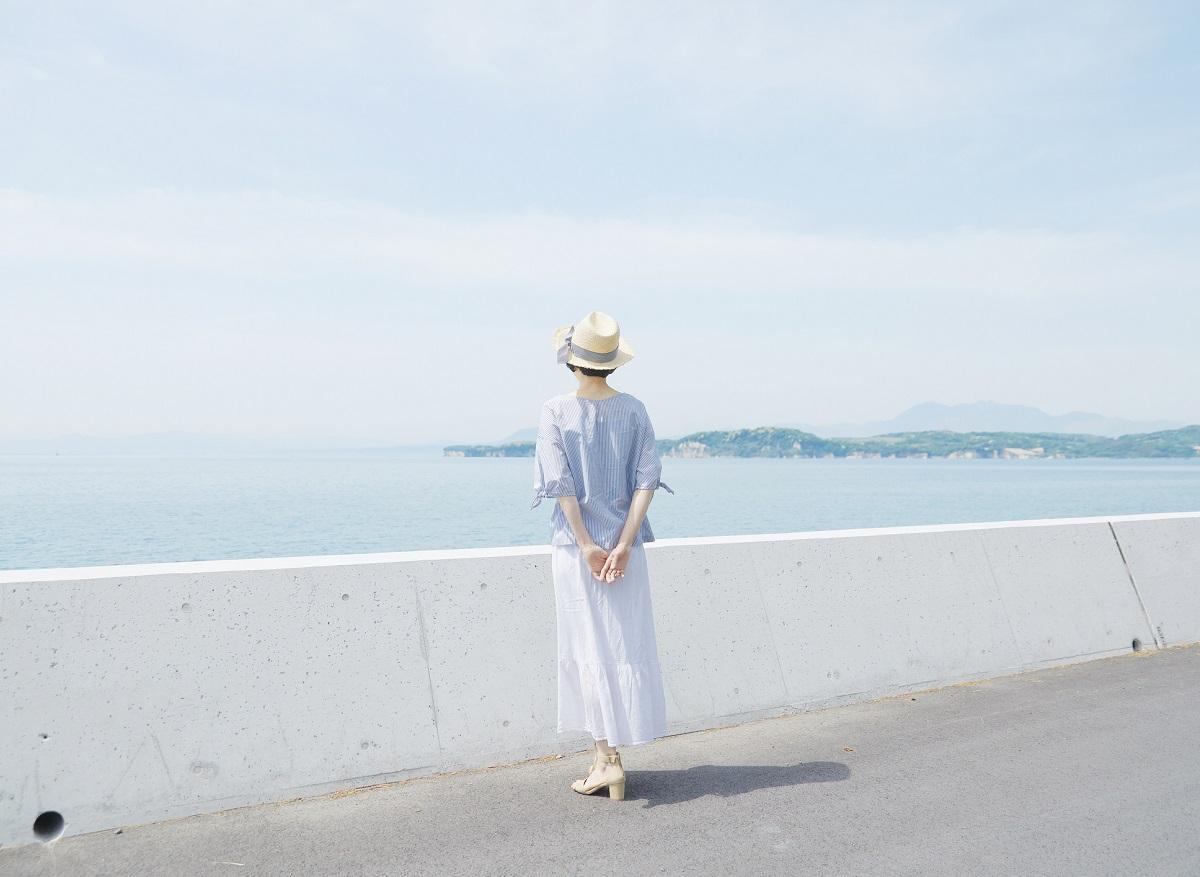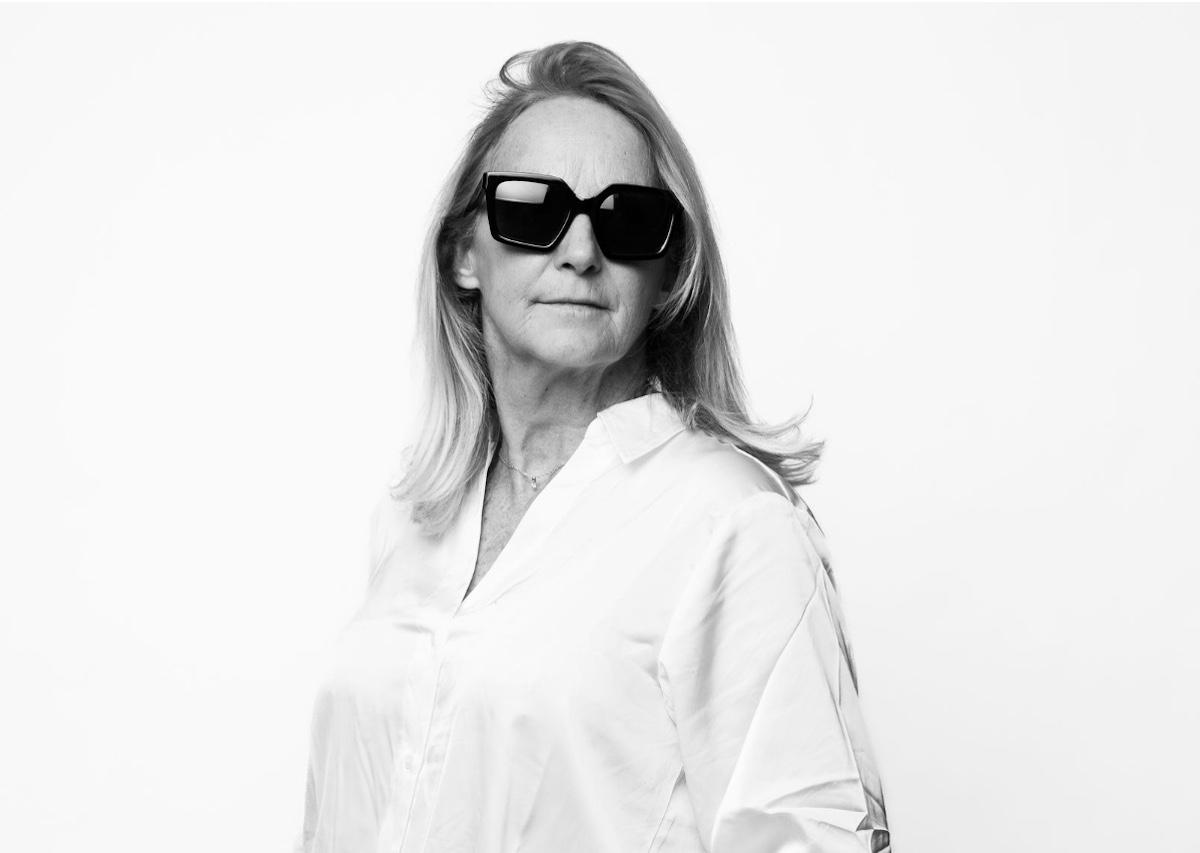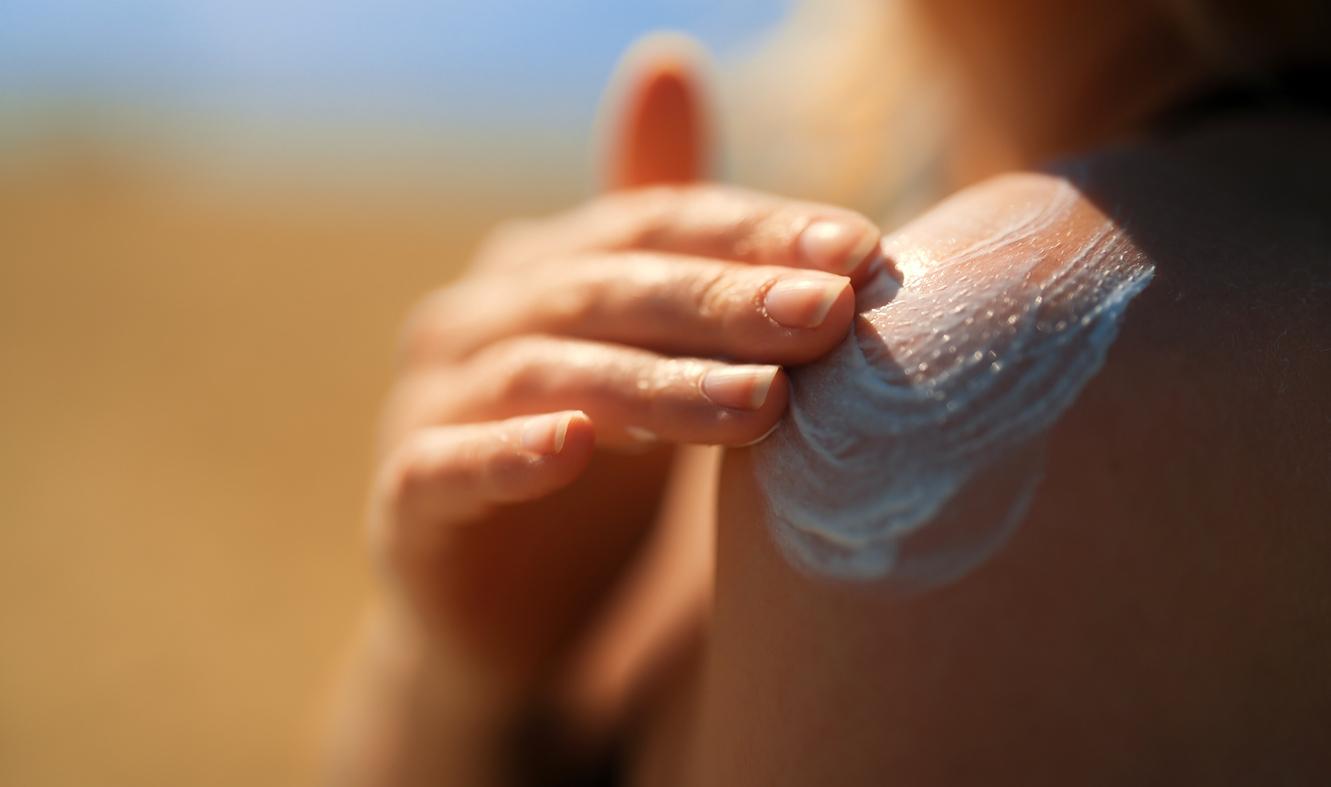The National Health Security Agency (Anses) publishes an opinion, this Wednesday, October 10, calling for the cessation of tanning booths. And this, for risk of “proven” cancer, especially in young people.

Soon the end of tanning booths? Anyway, that’s what theNational Health Security Agency (ANSES), which publishes an opinion this Wednesday, October 10. In question, the risk of “proven” cancer. The agency asks the public authorities to put everything into effect to put an end to the exposure of the population to artificial UV rays. “We recommend stopping the activity linked to artificial tanning, and also stopping the sale of devices delivering UV for aesthetic purposes, in particular to individuals”, explains Olivier Merckel, head of the unit. physical agent risk assessment at ANSES.
Risks of skin cancer
The dangers associated with tanning booths have been known for several years. Already, in 2014, a vast study showed that these caused 450,000 non-melanoma skin cancers each year, and 10,000 melanomas. Melanoma is the most dangerous form of skin cancer because it spreads much faster to other parts of the body.
A tanning booth mainly emits UVA rays. Natural light emits three types of ultraviolet radiation. Except that artificial UV rays are much more intense and cause DNA damage. And this, for doses less strong than those relating to a sunburn. Tanning booths are also responsible for skin aging.
Young people are most at risk
Just as the dangers are known, we have known for some years now that young people are most at risk. Firstly because those under thirty are the most fond of tanning booths. Also because the risks of melanoma are higher in people who were exposed to artificial UV rays early in life. “People who have used tanning booths at least once before the age of 35 increase the risk of developing cutaneous melanoma by 59%”, warns ANSES. The agency estimates that 43% of melanomas in young people can be attributed to the use of tanning booths before the age of thirty.
Regulations already in force
For the National Health Security Agency, there is urgency. Measures, already in force, are not enough. In January 2016, a new law was enacted in order to toughen the already existing rules. Claiming that exposure to artificial UV light is good for health is prohibited and punishable by a fine of 100,000 euros. The companies that market these booths also have a duty to inform. They have the obligation to display the health risks linked to artificial UV by prevention.

.









